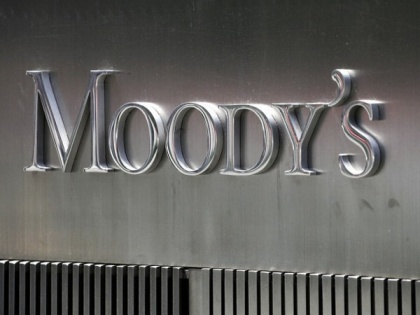Credit quality weakens for A-Pac metals and mining on economic slowdown
By ANI | Published: September 3, 2020 02:51 PM2020-09-03T14:51:06+5:302020-09-03T15:15:07+5:30
The aggregate earnings before interest, taxes, depreciation and amortisation (EBITDA) for 24 rated mining and mining services companies in the Asia Pacific will decline around 10 per cent to 53 billion dollars in 2020 from 59 billion dollars in 2019, Moody's Investors Service said on Thursday.

Credit quality weakens for A-Pac metals and mining on economic slowdown
The aggregate earnings before interest, taxes, depreciation and amortisation (EBITDA) for 24 rated mining and mining services compes in the Asia Pacific will decline around 10 per cent to 53 billion dollars in 2020 from 59 billion dollars in 2019, Moody's Investors Service said on Thursday.
Earnings will not recover to 2019 levels for the next two to three years as coronavirus disruptions result in a severe contraction in global economic activity. High-yield miners have less ability to withstand economic stress than investment-grade miners because of their smaller scale and weaker access to capital markets and banks for liquidity.
The earnings decline will drive a weakening in credit metrics, said Moody's in its latest sector in-depth report. Compes with primary earnings exposure to the hardest-hit commodities, thermal and metallurgical coal are most exposed to weak demand from the power and steel sectors, the key consumers of these commodities.
Most Chinese compes are state-owned and will benefit from government support despite weak credit metrics.
Moody's said the negative outlooks on Vedanta Resources, Indonesia Asahan Aluminium Indika Energy reflect that their credit metrics will remain weaker than their rating triggers as earnings decline amid weak commodity prices.
Vedanta Resources has the flexibility to upstream dividends from its cash-rich subsidiaries if it faces difficulty in raising new debt to refinance maturing debt, it said.
While there are minimal rated debt maturities over the next 18 months, around 4.4 billion dollars of rated high-yield debt will come due in 2022. If the outbreak is prolonged, economic disruption and rising investor risk aversion will materially increase refinancing risk for high-yield compes.
"We expect the investment-grade compes which have retained their capital markets access since the virus outbreak to maintain funding access in this scenario given their stronger credit quality," said Moody's.
( With inputs from ANI )
Disclaimer: This post has been auto-published from an agency feed without any modifications to the text and has not been reviewed by an editor
Open in app